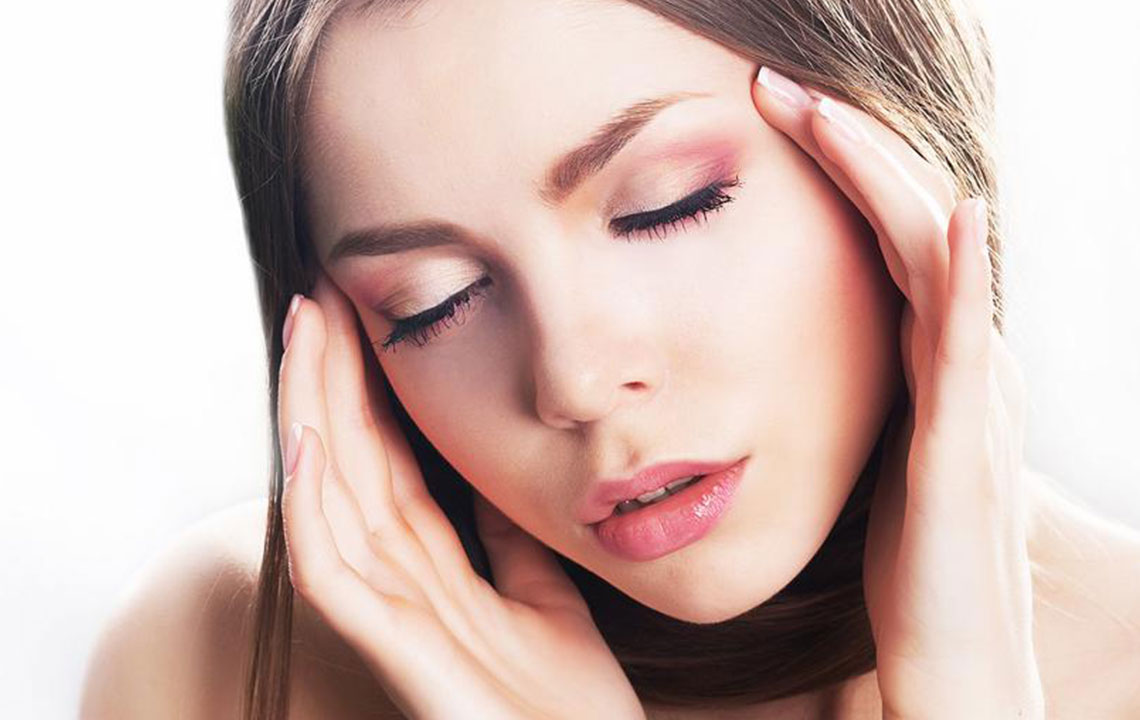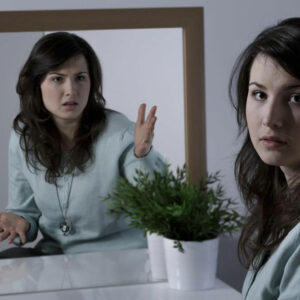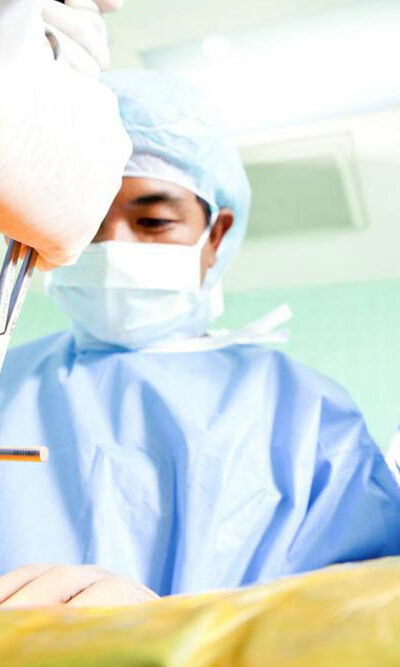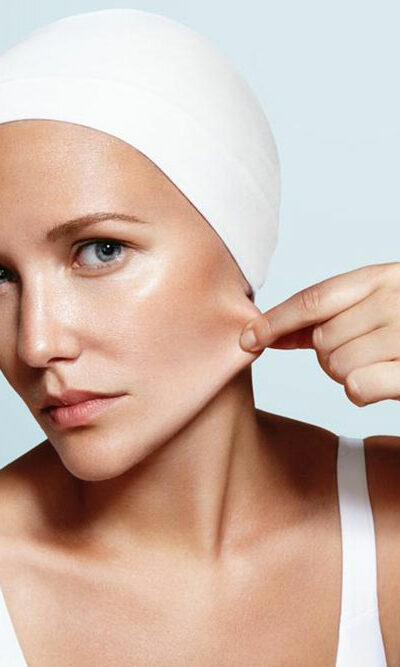Migraine – Causes, Symptoms, and Cure

A migraine is a headache that occurs due to changes in the brain and the blood vessels surrounding it. This headache can last from four hours to three days, with the frequency varying from a daily basis to less than once a year. National Headache Foundation has found out that around 37 million people in the country have issues related to migraine. Also, it affects women three times more than it affects men.
Causes of migraine headaches
The exact causes of migraine headaches are yet not known, but it is believed that it occurs due to the expansion of the blood vessels and release of some chemicals, which results in the occurrence of pain.
Two chemicals, namely serotonin and dopamine, have been found to be responsible for the occurrence of a migraine. These two chemicals are generally found in the brain but can result in abnormal functioning of blood vessels.
It is, however, known that different triggers ignite a migraine, and different people have distinct triggers, which incite a migraine in them.
Foods such as cheese, nuts, and chocolate are the causes of migraine headaches in some people. Others find that missing a meal can result in a headache, which eventually transforms into a migraine.
Tension and stress are some other causes of migraine headaches. This stress could be emotional or physical.
Symptoms of a migraine
The symptoms of a migraine also vary with people. Five distinct phases of a migraine are known now.
Prodrome
A migraine has many pre-warnings before it occurs. Change in mood, change in sensations, fatigue, and muscle tension are some of the warnings which indicate that a migraine is about to occur.
Aura
This is kind of sensory disturbance which precedes a headache. Some people see blind spots and feel as if geometric patterns and colorful lights are visible. In serious cases, people who suffer from a migraine might lose vision in one eye.
Headache
Usually, migraine results in pain in one side of the head, but sometimes it occurs on both sides of the head. Sometimes, the pain is so intense that the person feels like vomiting. People who have a migraine might also suffer from phonophobia and photophobia (fear from sound and light) owing to a migraine.
Termination of a headache
Even if treatment is not taken in a migraine, the pain withers away as the patient sleeps.
Postdrome
People who suffer from a migraine often find it difficult to eat, have problems with concentrating on any issue at hand and might also face fatigue issues. This lethargy might persist even when there is no pain.
Cure for a migraine
- Migraine has both treatments and natural remedies which can be tried to get relief from headache.
- People suffering from a migraine can use a cold compress on the area which is affected by this pain. The use of a comfortable pillow also reduces the intensity of pain in some cases.
- If the intensity of pain is severe, the person having migraine should sleep in a room which has no light, sound, or smell. In cases when a migraine is severe, the person should not remain in a stressful ambiance, if it exists in the area.
- Reducing the intake of caffeine also helps in reduction of migraine pain.
Following a healthy lifestyle is an ideal way of overcoming this problem in the long run. A range of treatments can also be tried in case the migraine persists for a longer duration. But one should first consult a doctor.







